Home > Blog > Cleaning Industry Safety: Compliant Flammable Cabinet Solutions for Commercial Cleaning
-
 Sarah
Hi there! Welcome to my shop. Let me know if you have any questions.
Sarah
Hi there! Welcome to my shop. Let me know if you have any questions.
Your message has exceeded the limit.

Cleaning Industry Safety: Compliant Flammable Cabinet Solutions for Commercial Cleaning
2025-11-06 14:42:59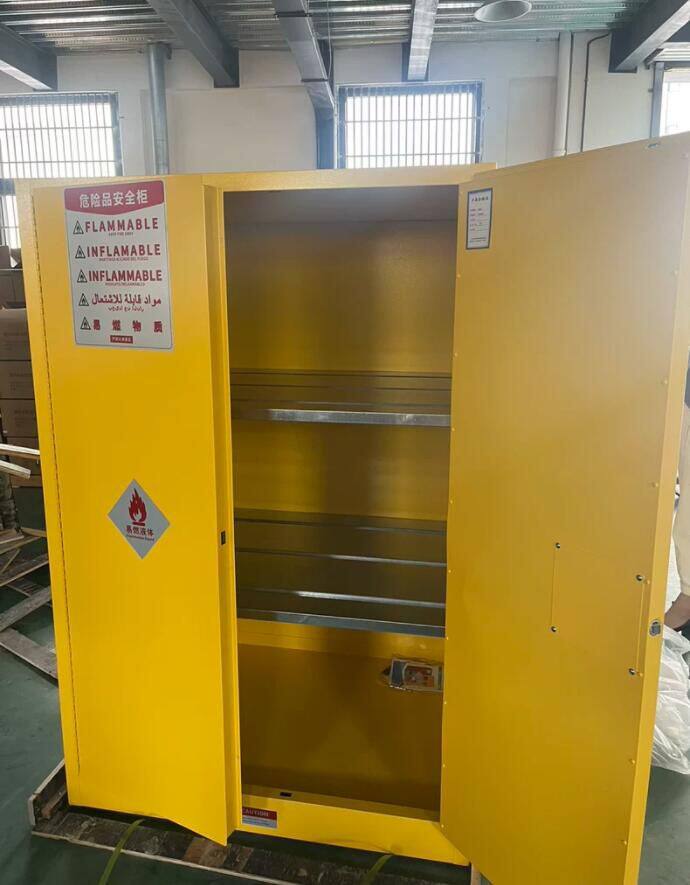
The commercial cleaning industry handles numerous flammable chemicals including cleaning solvents, degreasers, disinfectants, and floor care products that require specialized storage solutions to ensure worker safety and regulatory compliance. The implementation of appropriate flammable storage cabinets represents a critical safety measure that protects cleaning staff while supporting effective cleaning operations. This comprehensive guide explores the specific requirements for flammable storage in commercial cleaning operations and how proper implementation can enhance both safety and service quality.
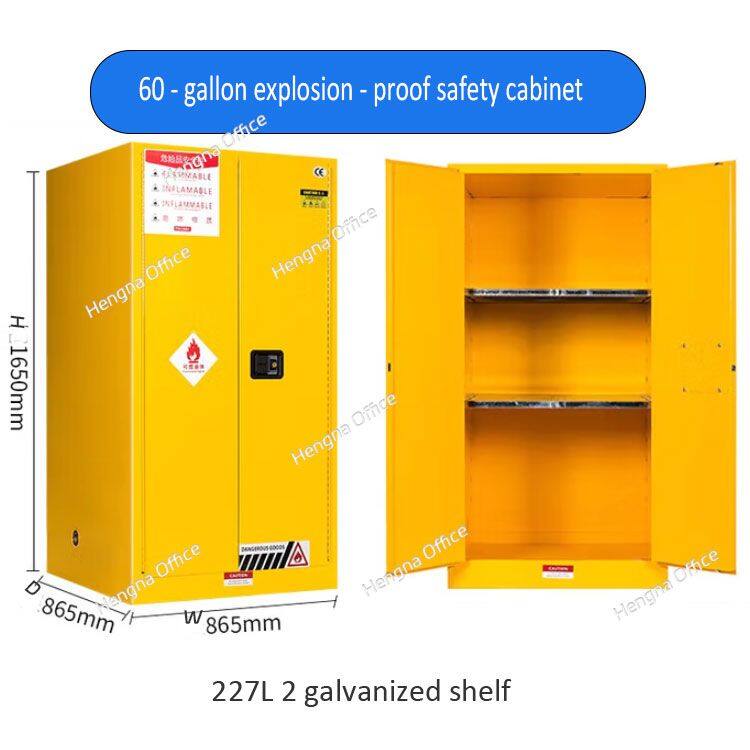
Cleaning Industry Chemical Inventory
Commercial cleaning operations maintain diverse chemical inventories that support various cleaning tasks and client requirements. Common flammable substances include alcohol-based disinfectants, petroleum-based solvents, floor strippers, and wax removers. The specific chemical inventory varies based on the types of facilities cleaned, services offered, and client requirements, requiring customized storage solutions.
Chemical inventory management must consider both the quantities used daily and the safety stock required for uninterrupted service delivery. Cleaning operations often maintain sufficient inventory to serve multiple client sites while minimizing on-site storage quantities for safety. This balance influences storage cabinet selection and placement within cleaning facilities or vehicles.
Multi-Site Storage Challenges
Commercial cleaning companies often serve multiple client sites, creating unique storage challenges that require flexible and portable solutions. Flammable storage cabinets may need to be transported between locations or maintained at multiple sites, requiring mobile storage solutions that maintain safety compliance during transport. Some cleaning companies implement centralized storage facilities with satellite storage at client sites.
Multi-site considerations extend to ensuring consistent safety standards across all locations while accommodating different site requirements. Cleaning companies should establish standardized storage procedures that can be adapted to various client facilities while maintaining OSHA compliance. Some operations implement mobile storage units that can be securely transported and set up at different sites as needed.
Client Site Safety Integration
Flammable storage cabinets used at client sites must integrate with the client’s safety programs and facility requirements. Cleaning companies should coordinate with client safety officers to ensure storage solutions meet both company standards and client requirements. This coordination may involve site-specific risk assessments and customized storage solutions based on client facility layouts.
Client site integration benefits extend to supporting various cleaning schedules and service requirements. Storage systems should accommodate different cleaning frequencies and chemical usage patterns while maintaining safety protocols. Some cleaning companies implement inventory management systems that track chemical usage at different client sites, ensuring adequate supply while minimizing storage quantities.
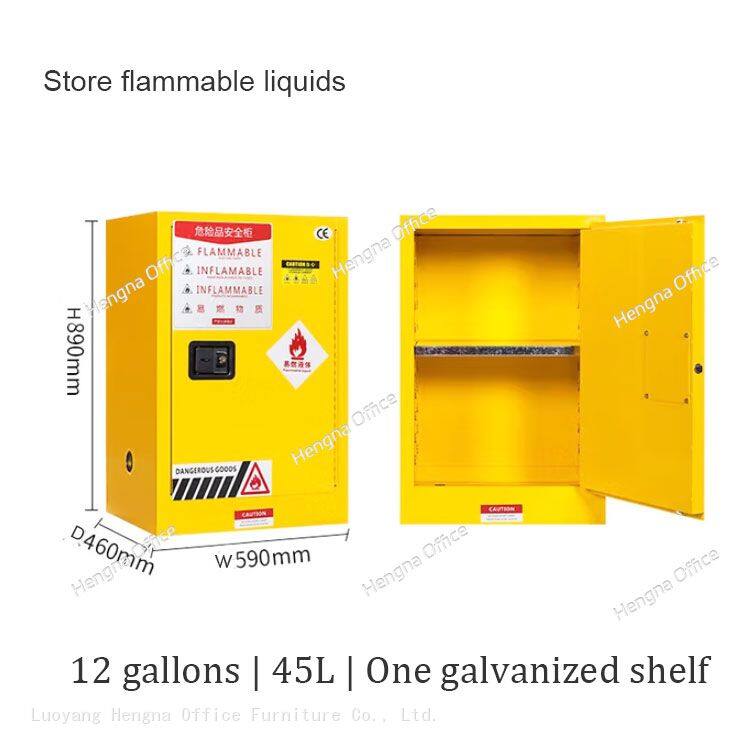
Worker Training and Safety Culture
Cleaning industry workers often have varying levels of experience with chemical handling and storage procedures, requiring comprehensive training programs. Training should cover specific chemical hazards, proper storage procedures, personal protective equipment requirements, and emergency response protocols. Regular training updates ensure that workers remain current with safety practices and regulatory requirements.
Safety culture considerations extend to developing comprehensive chemical safety programs that address storage, handling, and emergency procedures. Cleaning companies should implement behavior-based safety programs that encourage worker participation in safety initiatives and promote awareness of chemical safety practices. Some operations implement safety incentive programs that reward safe chemical handling and storage practices.
Vehicle Transportation Safety
Mobile cleaning operations require special consideration for transporting flammable liquids between locations. Storage cabinets used in vehicles must meet DOT (Department of Transportation) regulations for hazardous material transport. This includes proper securing of cabinets, vehicle ventilation requirements, and emergency response equipment availability.
Transportation safety considerations extend to route planning and emergency preparedness. Cleaning companies should establish protocols for safe transport routes, emergency response procedures, and communication systems. Some operations implement GPS tracking systems that monitor vehicle locations and provide rapid response capabilities in case of emergencies during transport.
Environmental Protection and Green Cleaning
Many cleaning companies are adopting green cleaning practices that reduce environmental impact while maintaining cleaning effectiveness. Flammable storage cabinets should support these initiatives by providing organized storage that prevents chemical waste and supports proper disposal procedures. Some companies implement inventory management systems that track chemical usage and optimize ordering to reduce waste.
Environmental protection considerations extend to using eco-friendly chemicals when possible and implementing proper disposal procedures for hazardous waste. Cleaning companies should maintain relationships with licensed hazardous waste disposal companies and maintain proper documentation of waste disposal activities. Some operations implement spill prevention programs that include secondary containment and regular inspection of storage equipment.
Client Communication and Safety Transparency
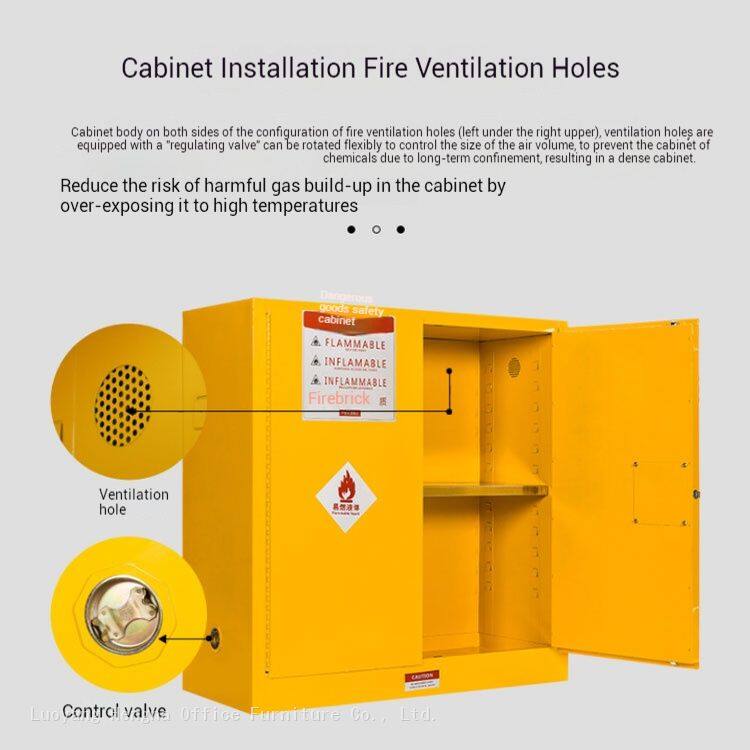
Cleaning companies should communicate their safety practices and chemical storage procedures to clients to build trust and demonstrate professionalism. This communication may include providing safety data sheets, explaining storage procedures, and demonstrating emergency response capabilities. Transparent safety practices can enhance client relationships and differentiate cleaning companies in competitive markets.
Client communication benefits extend to addressing specific client concerns about chemical use and storage. Some clients may have particular requirements or restrictions regarding chemical storage that cleaning companies must accommodate. Open communication about safety practices helps build confidence and ensures that cleaning operations meet client expectations while maintaining safety standards.
Cost-Effective Storage Solutions
Cleaning companies often operate under competitive pricing pressures that require careful consideration of storage solution investments. Cost-effective solutions may include modular systems that can be expanded as business grows or shared storage solutions between multiple service lines. Some companies qualify for insurance discounts by implementing comprehensive safety programs that include proper chemical storage.
Cost-effectiveness extends to supporting various business objectives including regulatory compliance, customer satisfaction, and competitive positioning. Proper chemical storage prevents accidents that could result in costly injuries or property damage. Some cleaning companies report improved operational efficiency and reduced chemical waste after implementing organized storage systems, demonstrating significant financial benefits.
Technology Integration and Smart Storage
Modern cleaning operations increasingly incorporate technology to enhance efficiency and safety. Smart storage systems with inventory tracking, usage monitoring, and automated reordering capabilities can improve chemical management while reducing waste. Some cleaning companies implement mobile apps that provide workers with instant access to safety information and emergency procedures.
Technology integration benefits extend to supporting various management functions including scheduling, inventory management, and quality control. Some cleaning operations use digital platforms that integrate with storage systems to provide real-time data on chemical usage and availability. These technological capabilities enhance operational efficiency and support data-driven decision making for chemical management and safety compliance.
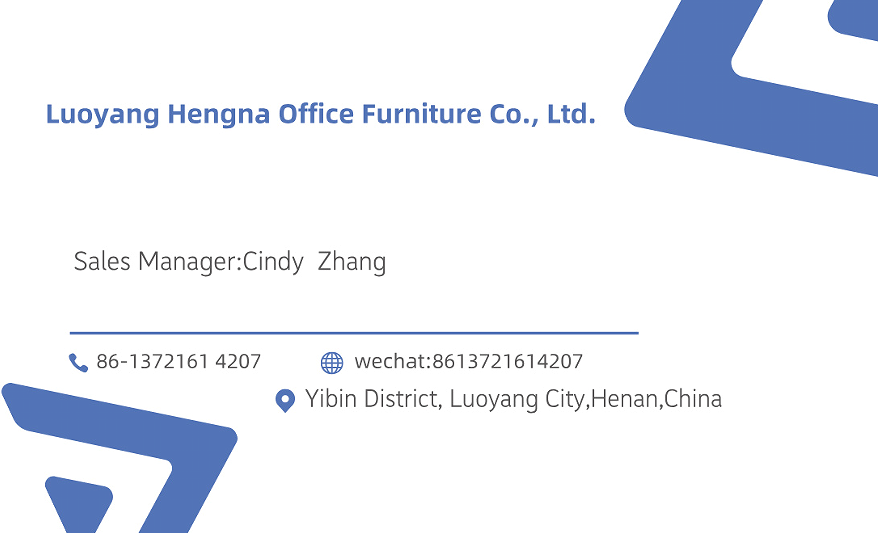
Tags: Cleaning Industry Safety, OSHA-Compliant Flammable Cabinet, Commercial Cleaning

